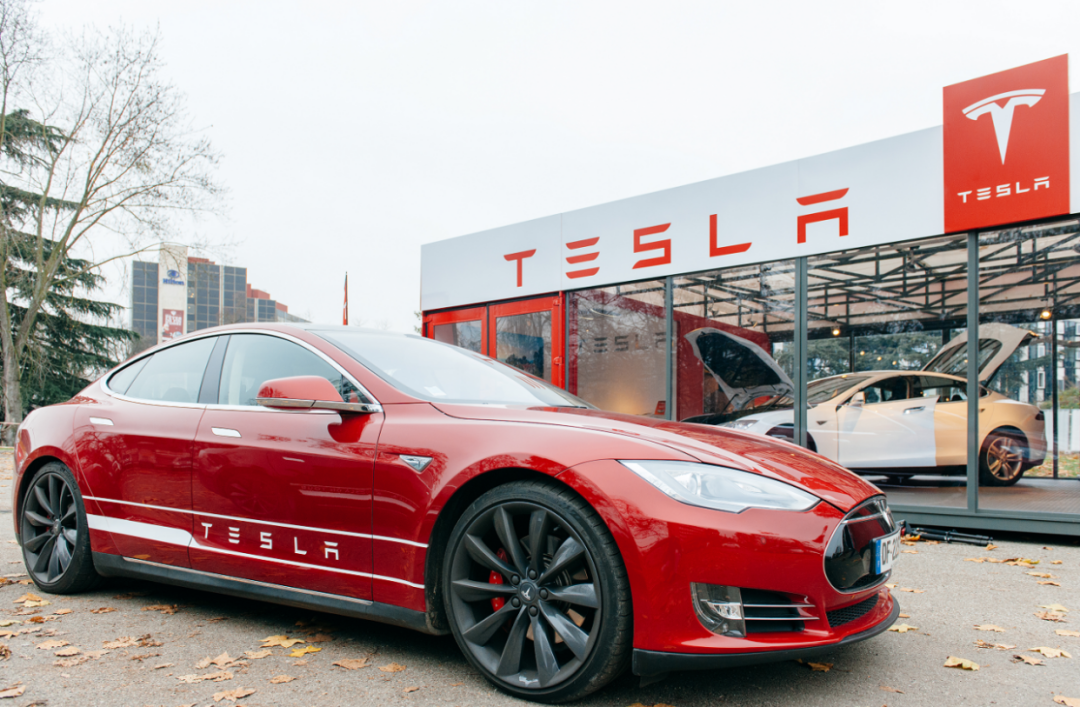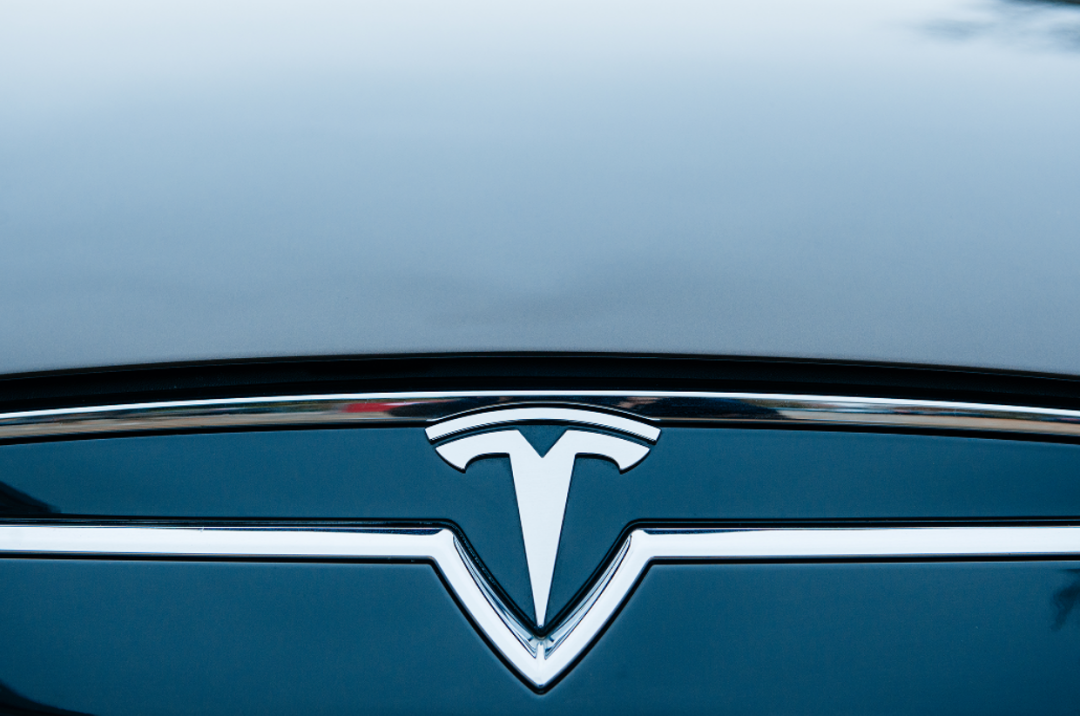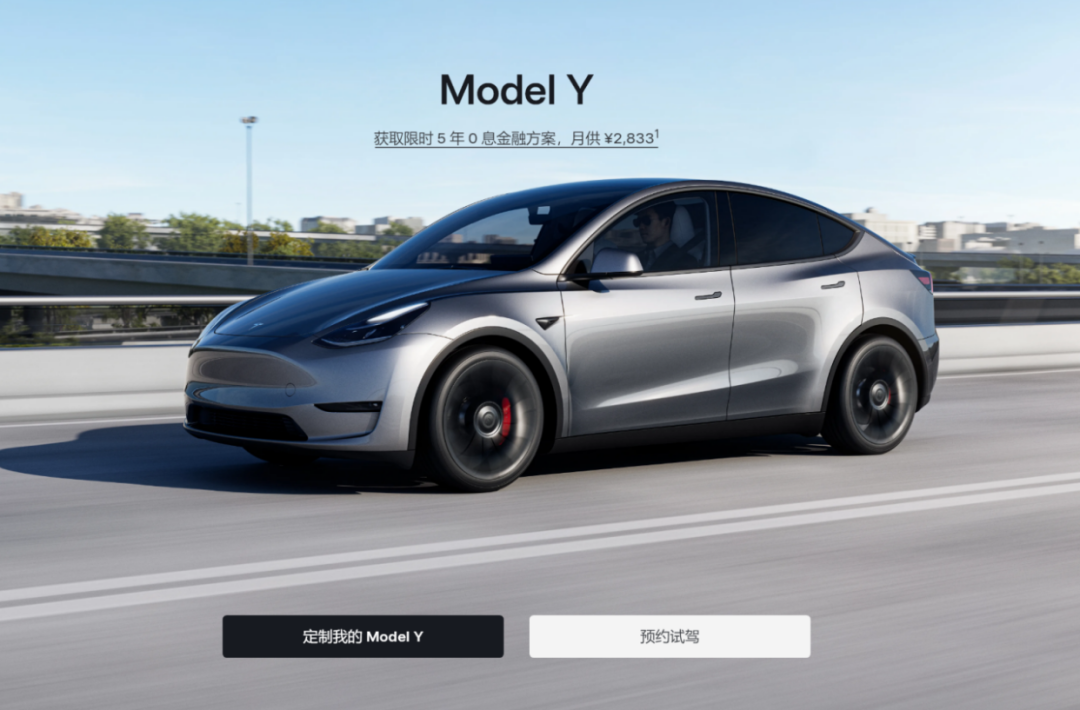Tesla's Quarterly Sales Decline for the "Second Consecutive Quarter," as Wall Street Expectations Diverge from Reality
![]() 07/08 2024
07/08 2024
![]() 462
462
Recently, Tesla released its report on automobile production and deliveries for the second quarter of 2024. The data showed that a total of 443,956 vehicles were delivered in Q2, representing a year-on-year decline of 4.8%. This marks the second consecutive quarter of declining sales for Tesla, and its first such consecutive decline since 2012.
In the first half of this year, Tesla delivered a total of 830,766 vehicles, a decrease of 6.6% compared to the 889,015 vehicles delivered in the first half of 2023. Despite this, Tesla's sales in the second quarter were still higher than Wall Street experts' expectations, which pushed Tesla's share price to its highest level in nearly six months after the sales announcement.
Another noteworthy data point is that Tesla's market share in China is further declining. In 2021, Tesla's domestic market share was close to 8%, but in the first quarter of this year, Tesla sold about 133,000 vehicles in China, accounting for only 6% of the 2.09 million electric vehicles sold during the same period.
▍Wall Street Optimistic about Future Sales Trends
Specifically, Tesla's best-selling Model 3 and Model Y models delivered a total of 422,405 vehicles in the second quarter, down from 446,915 vehicles a year ago. In addition, Tesla did not disclose sales figures for the Cybertruck, but according to Tesla CEO Elon Musk, the company produced 1,300 Cybertrucks in one week last month.
Dan Ives, a well-known strategist at US investment bank Wedbush, said that given the relatively weak global electric vehicle market, Tesla's second-quarter sales performance was a victory for both Tesla and Musk, and he is optimistic about Tesla's stock price.
"Wall Street had previously expected Tesla's second-quarter results to decline significantly due to unstable global electric vehicle demand, but from the market performance, Tesla is seeing a recovery," Ives added that Tesla is experiencing a slight rebound in the Chinese market, and price stabilization has also helped it through the tough times.

During a financial earnings call in late April, Musk said, "In terms of new product roadmaps, many people have been talking about our upcoming vehicle production lines in the past few weeks. To speed up the launch of new models before the previously mentioned production start in the second half of 2025, we expect that even if it's not by the end of this year, it's more likely to be early 2025."
However, in January this year, Tesla said it expects a "significant decline" in delivery growth this year and abandoned its target of delivering 20 million vehicles annually by 2030 in its latest annual impact report released in May, a significant change from its long-term annual growth target of 50%.
▍Declining Attractiveness in China?
Tesla's delivery volume has declined year-on-year for two consecutive quarters, a situation that last occurred in 2012. The downward trend in deliveries is related to multiple factors. First, the overall global automotive industry is sluggish, affecting consumers' willingness to buy, and some securities analysis reports in Europe and the United States even show that fuel vehicles are "regaining their vitality." Second, Tesla's existing models have been on the market for many years, and their attractiveness has declined.
As Tesla's second-largest global market, China's retail sales in the first quarter of 2024 were 132,400 vehicles, accounting for 30.57% of Tesla's global market production, but they declined by 3.64% year-on-year. According to data from the China Passenger Car Association, Tesla's Shanghai Gigafactory had a wholesale volume of 71,007 vehicles in June 2024, compared to 93,680 vehicles in June last year.

Regarding the slowdown in Tesla's sales in China, an automotive analyst from Western Securities said, "Taking the domestic market as an example, some manufacturers basically refresh their models once a year, while Tesla may only refresh them once every two or three years. Although the new Model 3 Performance Edition was released in April, this model is difficult to impress consumers in terms of positioning and price."
In addition, the electric vehicle market is becoming increasingly competitive, and Tesla is facing dual challenges from traditional automakers and emerging electric vehicle companies. To address these challenges, Tesla has repeatedly reduced car prices over the past year and a half, but this strategy may be difficult to sustain long-term growth. Notably, Musk announced layoffs of over 10% of the workforce in April this year, the company's fifth large-scale layoff since 2017, reflecting Tesla's efforts to control costs and improve efficiency.
Notably, to boost sales in the second half of the year in response to Chinese independent brands, on July 1, Tesla once again launched a preferential mode. It introduced a new car purchase financing policy for the standard and long-range all-wheel-drive versions of the Model 3 and Model Y: for orders placed before July 31 (inclusive), a down payment of 79,900 yuan can opt for a 0% interest scheme for up to 5 years. Compared to the previous standard annual interest rate of 2.5%, purchasing Tesla's Model 3 and Model Y now can save over 20,000 yuan in interest.

Although Wall Street remains optimistic about Tesla's prospects, data from multiple automotive companies indicate that sales of several Chinese companies such as BYD, NIO, and Leapmotor have reached record highs. Chinese automakers are also showing strong strength in the field of plug-in hybrid vehicles, and sales growth of some models has even surpassed pure electric vehicles.
Moreover, Tesla is now not only facing fierce competition from Chinese brands, but its product line updates are also being delayed. Coupled with the impact of high interest rates in the United States, Tesla is entering a "tough battle."
Entering July, Tesla, which is facing this "tough battle," has also received some good news, providing some imagination for third-quarter sales. Recently, Tesla entered the Jiangsu Provincial Government Procurement Catalog, marking the first time that Tesla cars have entered a government procurement catalog.
At the same time, Tesla has also become the procurement vehicle for several state-owned enterprises in the Lingang New Area of Shanghai, including Shanghai Chengtou Xinggang Investment and Construction (Group) Co., Ltd., and Shanghai Lingang New Area Investment Holding (Group) Co., Ltd., which have purchased a batch of Tesla Model Y vehicles for corporate functional use.
Edited by Yang Guo
Typesetting by Yang Shuo Image Source: Qiantuwang, Tesla






